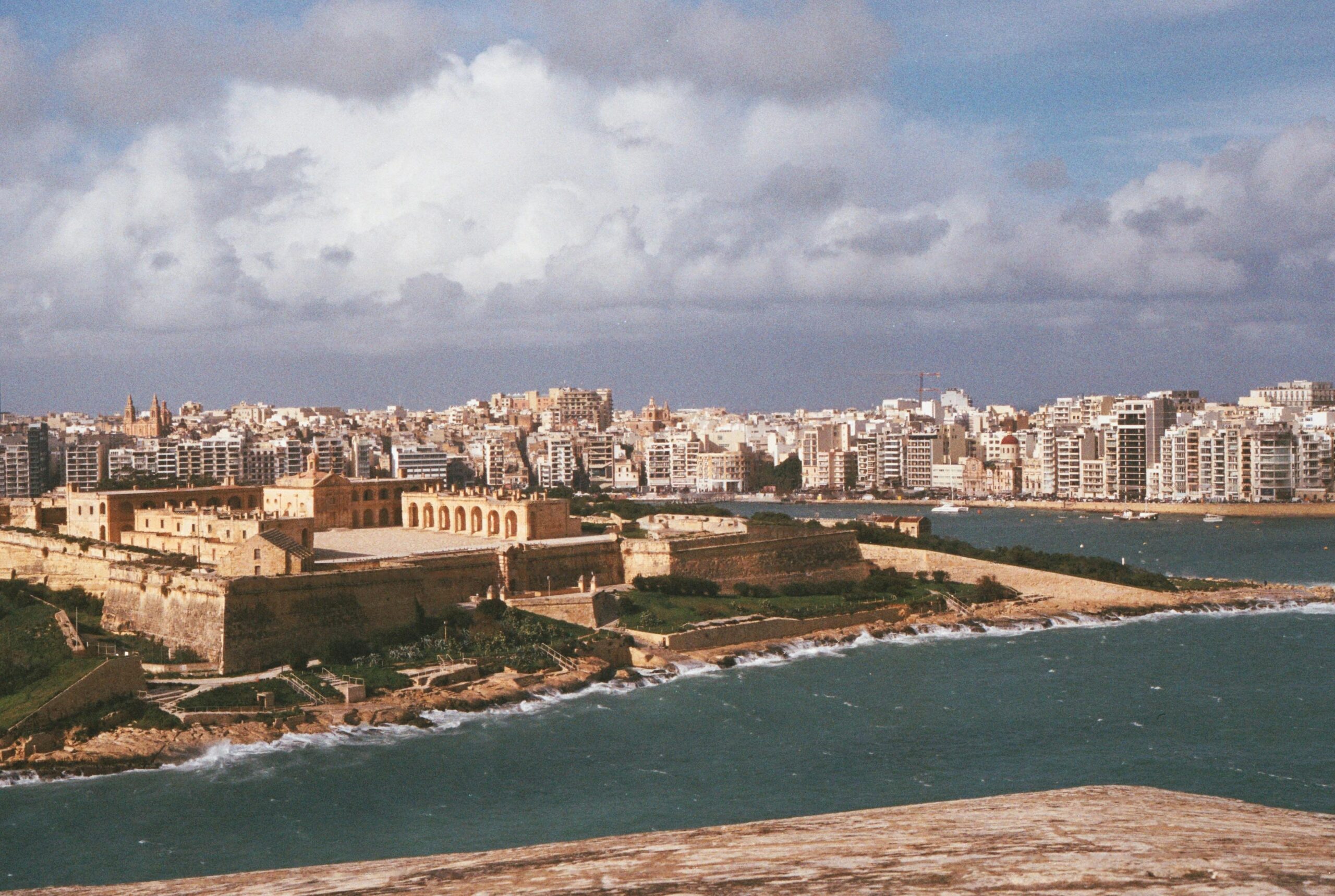Malta has ranked high on the global list for executive nomads, according to a fresh report by The Savills Executive Nomad Index 2025, coming in at 21st out of the top 30 countries in the world.
Savills is a premier global real estate services provider as well as a consultancy and service firm, based in the UK but managing a multi-billion dollar international portfolio.
This index is described as “a snapshot of the future”, ranking destinations based on what remote professionals value most: fast internet, great weather, quality of life, and global connectivity.
While you may be familiar with the term digital nomad, the executive nomad has emerged as a distinct and influential class of remote-working professional. Enabled by technology, these individuals, often business founders, senior managers or entrepreneurs, choose locations that offer both connectivity and quality of life.
Besides high speed internets, the ease of getting visas and sunny climates – this class of nomads tend to travel with their families so high quality of life is a priority, as well as education and healthcare.

The data shows that Dubai and Abu Dhabi sit at the top of the list. These cities have made digital nomads part of their talent pipeline.
They offer clear visa pathways, strong incentives, and have built environments that make long-term remote life appealing – co-working hubs, digital free zones, networking infrastructure, wellness, and premium services.
Meanwhile, Malta, ranking 21st on the list, was praised as “another Government punching above its weight”.
“With proactive remote work policies, English-speaking environment, and direct ties to the EU, Malta has quietly positioned itself as a Mediterranean base for remote entrepreneurs,” the report read.
The Mediterranean is a popular nomad hotspot – where does Malta stand exactly?
The index reveals a fiercely competitive landscape, particularly within the Mediterranean region, which features numerous destinations in the top 30: Malta, Barcelona, Tuscany, Málaga, Cyprus, Athens and Palma all make the list.
Malta’s overall position is a strong showing that places it ahead of many notable competitors. This ranking is the result of a balanced performance across the key categories rather than leading in any single one, except for climate.
Delving into the specifics, Malta’s performance varies by category when compared to its Mediterranean rivals.
In terms of internet speed, a critical factor for executive work, Malta holds a solid middle tier position within the region. Its connectivity is considerably faster than that of 26th-ranked Crete and 19th-ranked Dubrovnik, providing a significant practical advantage.
However, it falls short of the top-tier internet speeds offered by the Spanish destinations, which include 4th-ranked Málaga, 7th-ranked Palma, and 6th-ranked Barcelona. These Spanish cities set the regional benchmark for digital infrastructure.
Malta’s greatest competitive advantage is its climate, where it claims the top rank among all Mediterranean destinations on the list. The island’s famous 300 days of sunshine give it a quantifiable and significant lead over other sun-soaked locations.
This score surpasses that of the 16th-ranked French Riviera (Côte d’Azur), 27th-ranked Athens, and 25th-ranked Palermo, making it the optimal Mediterranean choice for executives prioritising a predictable, year-round sunny climate.
Beyond these metrics, Malta’s high ranking is bolstered by intangible factors highlighted in the report. Its English-speaking environment is a major differentiator against competitors like Spain, France, Italy, and Greece.
Furthermore, its proactive government policies regarding remote work visas provide a stability and ease of access that other destinations, such as 20th-ranked Cyprus or Dubrovnik in Croatia, cannot fully match.
This holistic package, no weak links, a premier climate, and unique strategic advantages, is why Malta has successfully positioned itself as a leading Mediterranean base for remote executives, proving that governments which act decisively in courting this demographic are the ones that ultimately win. However, the study equally shows that factors like quality of life could help bolster Malta’s ranking for the next study.
All in all, for Dubai, Abu Dhabi and Malta, the takeaway for the report is simple: “Governments that act, win.”
“If you want to attract talent, capital, and long-term economic value, digital nomads are your front door. They are not tourists. They stay longer, spend more, and often build businesses locally. But they only come, and stay, where they feel welcomed, connected, and empowered to contribute.”
But beyond the data, the report points to a bigger trend: cities that proactively design for digital nomads and remote workers are becoming the new economic winners.
“Cities like Albufeira, Dubai, and the country of Malta are winning because they are doing the work,” the report claims.
“For everyone else: the clock is ticking.”
Reimagining Corinthia Palace: In conversation with Alexandra Pisani
As Malta’s hospitality landscape evolves, Corinthia Palace continues to strengthen its position as a luxury lifestyle destination.
Business stakeholders set out priorities as Alex Borg takes PN leadership
Competitiveness, sustainability and housing are among their priorities.
AI prone to ‘propagate bias at scale’, posing threat to recruitment, warns UM Lecturer
‘AI will always carry some level of bias.’
Lessons leaders can take from Carlo Acutis, the first millennial saint
Carlo Acutis’ lessons extend well beyond religious circles.








